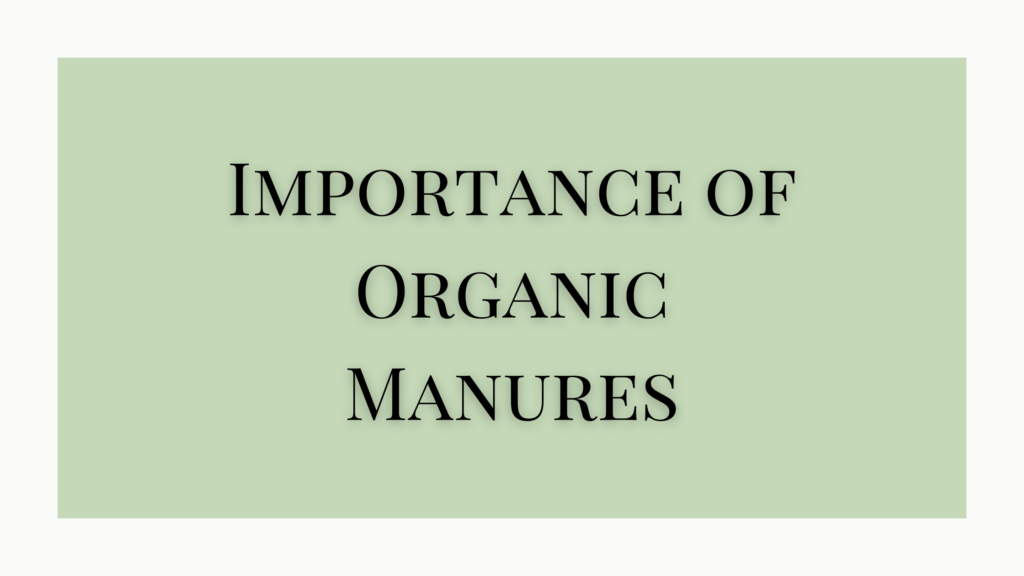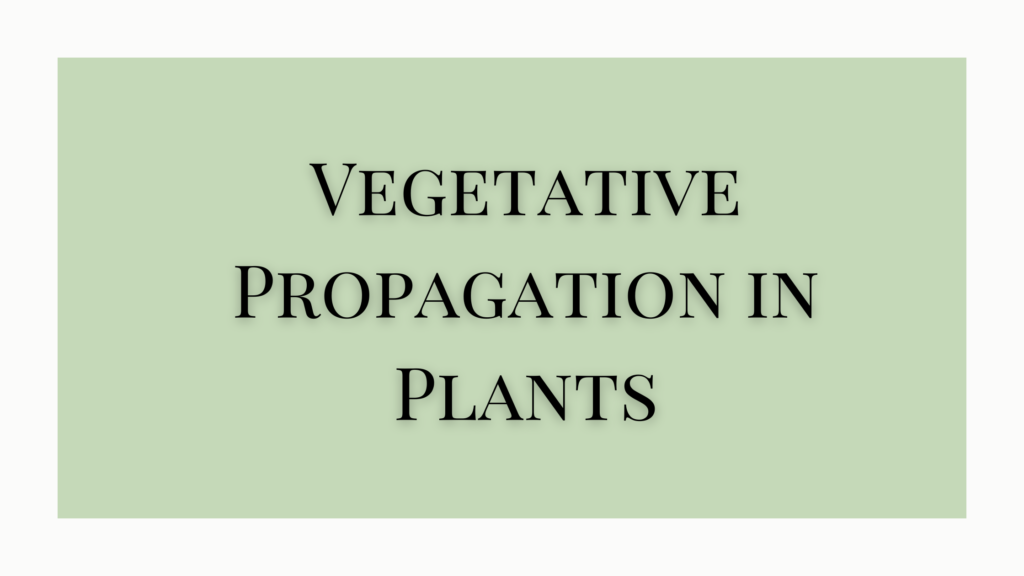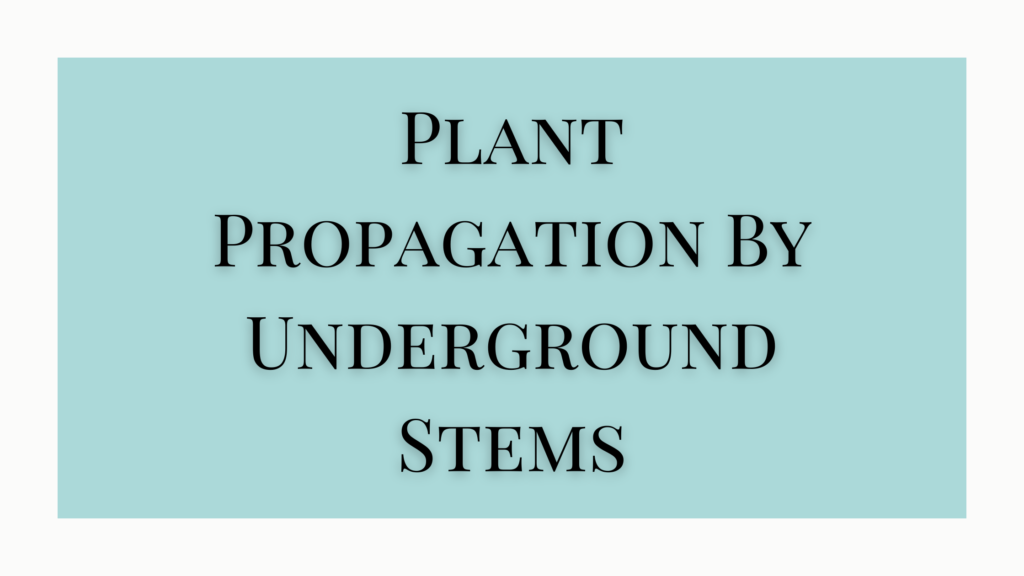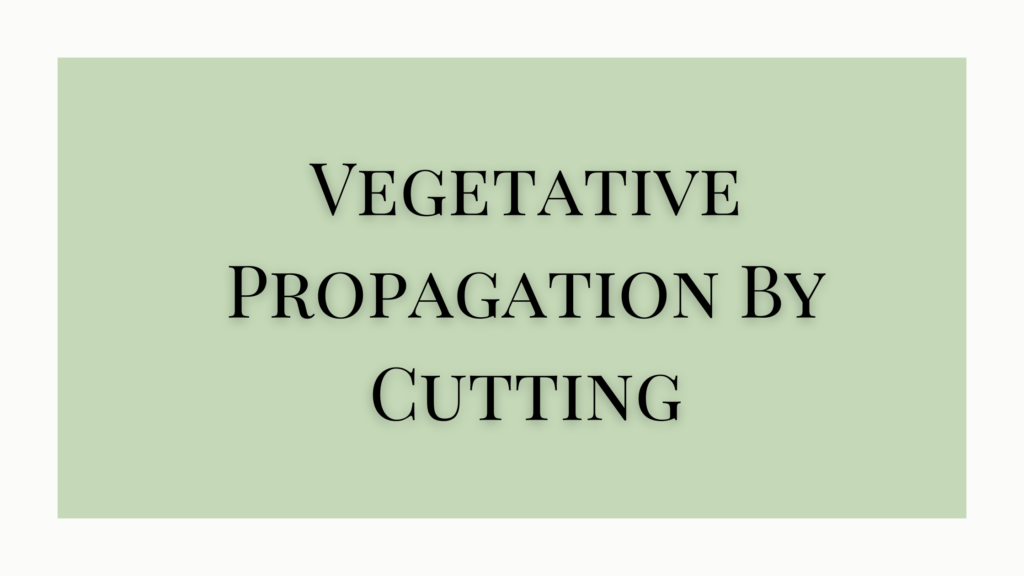Any type of plant nutrient sourced from organic matter is called organic fertilizer or organic manure. These are much preferred over chemical fertilizers. They do not alter the basic composition of the soil, unlike their chemical counterparts. These are eco-friendly and good for both soil and plants. There are different types of organic fertilizers or fertilizers based on living or dead organic matter.
Let’s find out more about these fertilizers and the importance of organic manure.
Biofertilizers
Biofertilizers are evolutionary fertilizers that help increase agricultural yield and horticultural crops. Biofertilizers are nothing but the inoculum of living bacteria that help fix atmospheric nitrogen. These Rhizobium bacteria are in symbiotic association with the roots of leguminous plants.
Mycorhizza is another example of a biofertiliser. It is an association between a fungus and a higher plant. They help with not only nitrogen but phosphorus as well. An important example is the vesicular-arbuscular endomycorrhiza formed by more than 80% of plant species including most agricultural, horticultural, and fruit crops.
Bone Meal
Bone meal is a natural manure rich in calcium and phosphorus. It is considered one of the best manures for garden plants due to its non-toxic nature. Although it acts slower than other fertilizers, it is extensively applied to potted plants as well as flower beds. A tablespoon of bone meal is the best recommended dosage for potted plants.
Charcoal
Broken charcoal pieces as well as powdered form are used in soil mixtures for plants such as orchids, ferns, and palms. It is also used as a substrate for orchids and spraying a mixture on alternate days to get the best results.
Compost
Compost is usually decomposed cattle and horse dung or poultry droppings along with vegetables and garden refuse, mixed with a substantial portion of soil. Compost is added to the flower beds to increase its organic matter content and enrich the soil.
To make compost, large quantities of organic waste are brought together under ideal conditions to generate heat within. This high temperature eliminates all harmful organisms and weed seeds. The organic matter starts decomposing over a period and transforms into useful nutrient-rich compost that can be supplied to the plants.
Depending on the materials used for composting, compost is of different qualities. Each of these compost types is used for specific plants. For example, roses prefer sheep or horse dung manure over cattle dung.
Farm Yard Manure
Traditionally, it is the farm yard cuttings used for improving soil fertility, prepared by dumping straw, dung, animal urine, etc, into a pit and allowed to decompose. The ammonia released from the urne decomposes the straw while generating a high amount of heat which in turn kills the eggs of weeds and other harmful organisms. The resultant black manure contains a range of nutrients such as nitrogen, phosphorus, potassium, etc released into the soil which are essential for plant growth.
Leaf Mold
Leaf mold is the well-decayed organic matter collected from garden waste, kitchen garbage, and fallen leaves. Sometimes, cow dung, urine, and ammonium nitrate are also added to this heap. Leaf mold is best suited for potted plants. Since they may have harmful fungi, bacteria, and nematodes, they must be sterilized before use.
Leaf mold is usually used in the preparation of germination and other plant propagation mediums. It contains foliage fibers and about 1-3% calcium carbonate which help the soil become alkaline.
Oil Cakes
Oil cakes are residues left behind after the oil has been extracted from oil seeds such as ground nuts, coconut, neem, castor, gingelly, cotton, etc. They are often applied in liquid form. Neem oil cakes are the most useful as they may still contain traces of neem oil which ward off nematodes, termites, etc. For best results, neem cakes are mixed with organic manure such as compost.
Organic fertilizers
The organic fertilisers mainly include blood and bone meals which help improve the physiological conditions of the soil. They ensure nutrient availability and require bacterial action to decompose the nutrients into available organic compounds for easy absorption. Urea, bone meal, and wood ash are the most common organic sources of NPK.
Organic Manure
The presence of partially decomposed organic matter creates an open structure and on many soils increases water-holding capacity. As it decomposes, it coats the soil particles and modifies their characteristics. Humus improves the properties of soil and as it darkens, increases heat absorption as well.
The living organism in the soil plays their part in the conversion of plant and animal debris to minerals and humus. Rhizobium and Azotobacter sps fix gaseous nitrogen while other bacteria play an important role in the detoxification of harmful organic organic materials. Later, the soil structure is modified further by the influence of plant roots and earthworms.
Sphagnum Moss or Peat
Sphagnum moss peat has a fibrous texture high porosity and water retention and a low pH. Peat is obtained from Sphagnum moss from marshes, bog, or swamp vegetation lying submerged in water and partially decomposed.
It is extensively used in horticulture as a source of bulky organic matter and is particularly valued as an ingredient of potting compost. Their stability, excellent porosity, and high water retention are the most desirable characteristics that make them an ideal substrate for roots.
Commercial peat is dehydrated residue of bog and algal plants especially the algal genus Sphagnum. This freshwater brown alga is available in cool marshy forest areas from hill tracks. It is relatively sterile, lightweight, and has good water-holding capacity. It can also prevent damping off when seedlings are growing in it.
Wood Ash
Wood ash is a rich source of potash. It is used as a top dressing for sandy and clayey soil. Though it is slow in action, it is a necessary nutrient for root vegetables and bulbous plants. Moreover, it is one of the most inexpensive ways to add potash for the plants.
Importance of Organic Manure
- Organic manure forms a complete food for the plants but the nutrients present are in small quantities.
- They have a balanced carbon-nitrogen ratio that helps with the proper growth of plants.
- Organic manure feeds the soil and improves its chemical and physical properties.
- It can increase the water-holding capacity of the soil and reduce excess moisture loss.
- Manure provides a long-term solution to increase soil fertility.
- It is a more economical and sustainable option to increase soil fertility without causing any harmful effects.




